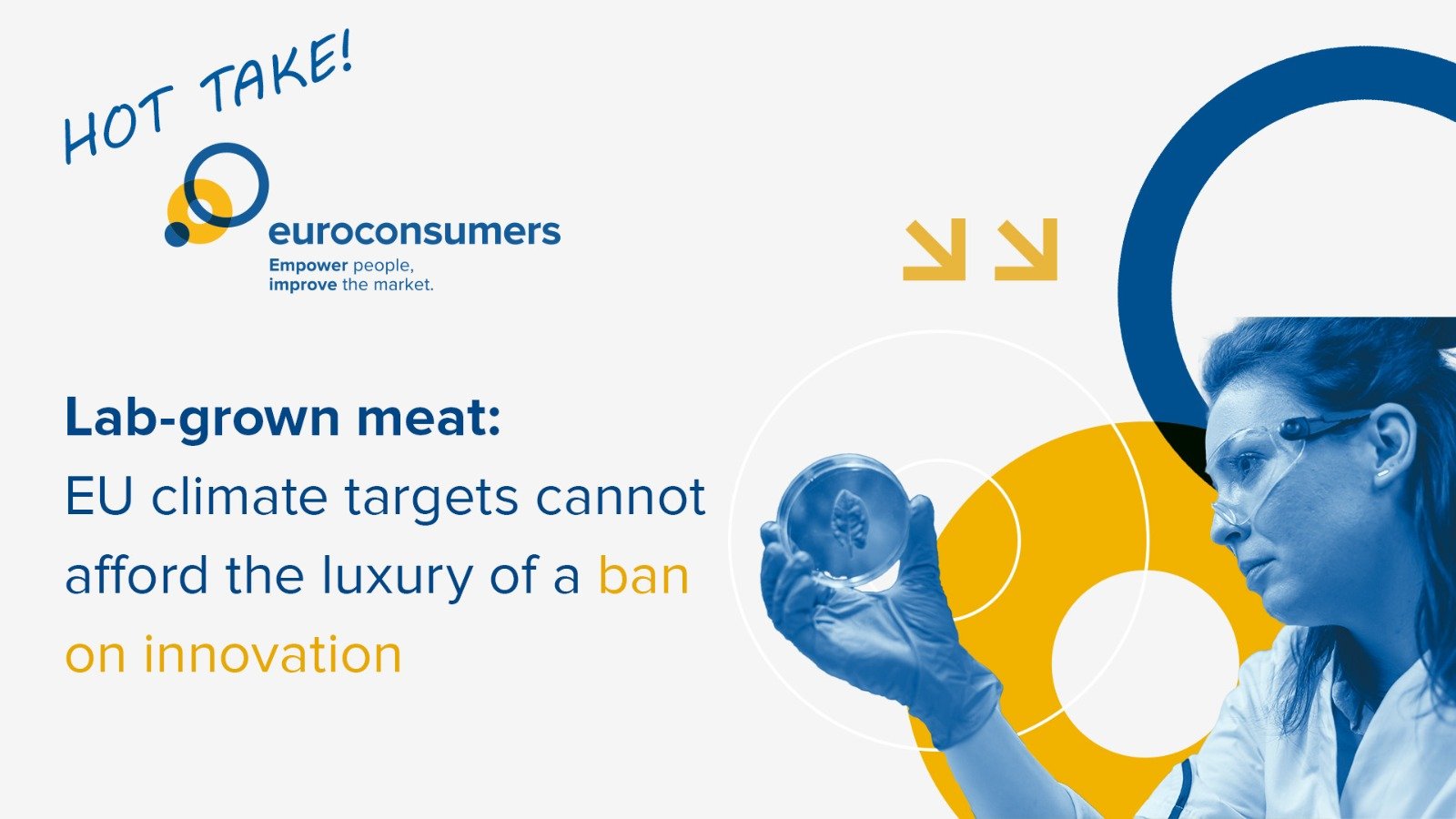This website uses cookies so that we can provide you with the best user experience possible. Cookie information is stored in your browser and performs functions such as recognising you when you return to our website and helping our team to understand which sections of the website you find most interesting and useful.
Lab-grown meat: EU climate targets cannot afford the luxury of a ban on innovation

Plant-based and lab-grown or cultivated meat have been dropped from an ambitious cross-sectoral proposal to limit the carbon impact of meat consumption in the EU. Pressure from farmers’ protests over climate policy has seen several targets for the agriculture sector fall away.
Yet if we are to meet the 2040 target of a 90 percent reduction in greenhouse gasses on 1990 levels, agriculture, which contributes 10 percent of all EU GHGs is a natural place for action.
Although untested at scale, lab-grown or cultivated meat could be part of the plan to reduce emissions from meat production and shutting it down now is a mistake.
The status quo is not an option. Like every sector, farming will need to transition to become more sustainable. The scientific evidence on emissions and impacts is clear, and the sometimes legitimate concerns of farmers cannot be a barrier to at least exploring innovation that might drive down the negative impacts on our natural resources.
In lab-grown meat we have a technology that has the potential to be part of the solution to support a sustainable transition. It is worthwhile to at least investigate this option, with an open mind, instead of veto-ing it without a proper discussion. Opening up dialogue with all stakeholders all along the food value chain is the only way to secure a just sustainable food transition.
We have already begun this dialogue at a recent Euroconsumers Start Talking webinar called ‘ Cultivated meat: the future of food or just another fad?’ which delved into the pros and cons of these new innovations with participants from the FAO, DG Sante, Cellular Agriculture Europe and Thought for Food – an innovation food systems incubator.
Keeping future options open is the only way to deliver transformative change.


